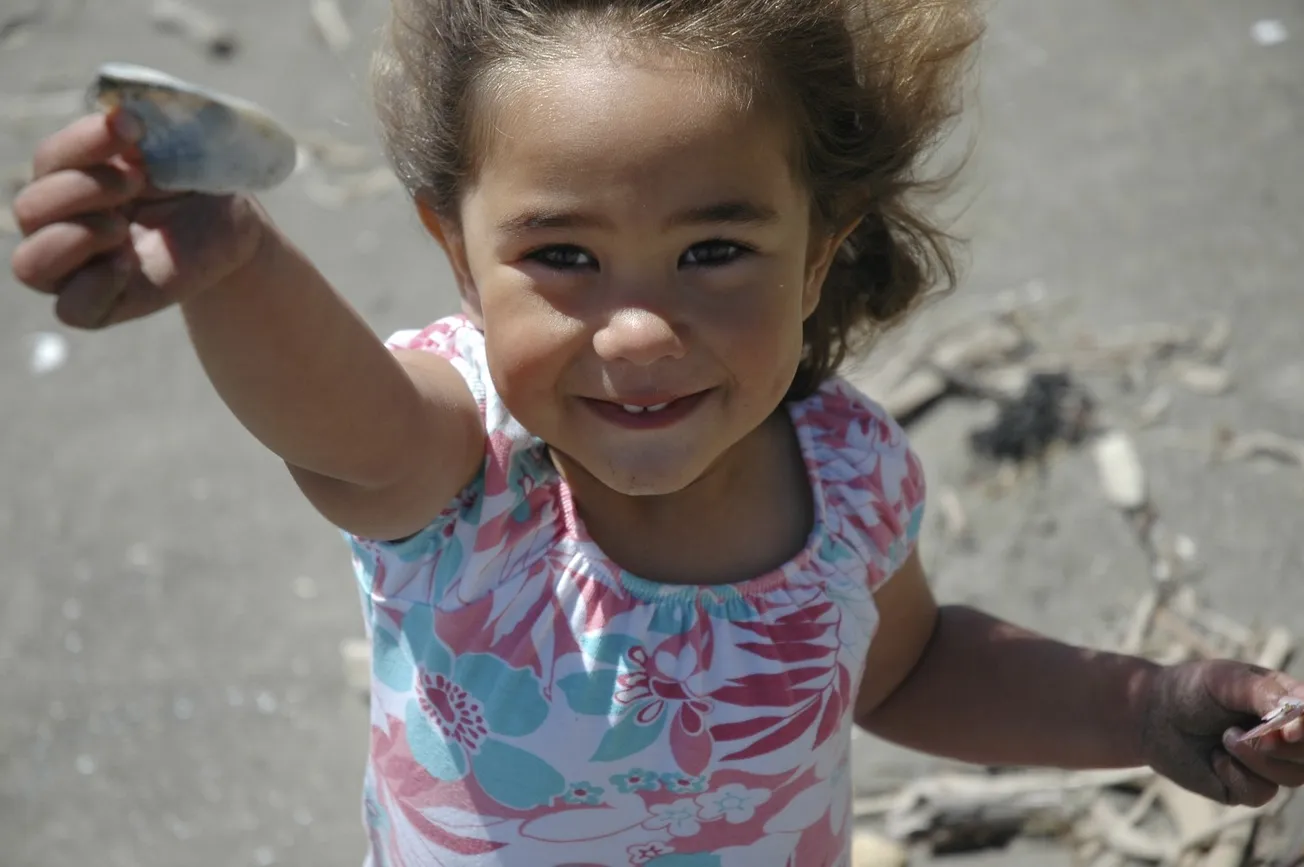Table of Contents
It’s been slim pickings media-wise for the Greens lately so they have made the most of co-leader Marama Davidson’s breast cancer diagnosis, which occurred over a month ago, by goading the public into pondering the contents of a delayed press release described as a “personal and sensitive matter”.
Davidson will be taking four months off for a partial mastectomy, also known as a lumpectomy (partial mastectomy sounds much worse), to remove the cancer and leave as much normal breast tissue as possible.
Breast cancer is second only to heart disease in killing NZ women and it’s a fact that outcomes for Maori and Pasifika women are worse than for non-Maori.

The most obvious reason for higher breast cancer death rates in Maori and Pacifika women is that they have lower screening rates. It doesn’t necessarily follow that prioritising them for breast screening means that more women will actually be breast screened.
Whangarei-based surgeon Dr Maxine Ronald will receive a $300,000 fellowship to support her research aiming to close the gap in breast cancer survival between Maori and non-Maori.
RNZ
Three hundred thousand dollars is money well spent if Ronald’s research discovers a new pathway toward better breast cancer outcomes for Maori and Pasifika women, but I suspect the reason they lag behind in health outcomes could be because screening facilities aren’t easily accessible for rural Maori women, or they’re too busy looking after large families to worry about their own health or maybe they just can’t be bothered making the effort to get screened.
Other factors at play. For me, it’s my worry that squashing my boobs between the scanning plates will eventually send them plummeting down to my belly button and then there’s the pain involved in the squashing process. But I’m white, so my concerns don’t count.
Dr Ronald must be pretty excited about the financing because she’s already speculating about changes to the system to improve Maori and Pasifika health outcomes before completing the research. Perhaps she already knows what the research will turn up.
“Part of the solution to improving survival rates is to increase the number of Maori and Pasifika involved in the breast screening programme, she said.”
RNZ
If she means advancing Maori and Pacifica to the top of the breast screening queue without increasing overall funding, she’d better think again.
Last February Health Minister Shane Reti increased breast screening services funding by an extra $60,000 a year to allow women aged between 70 and 74 to be screened: previously funding was available for women aged between 45–69.
Of course, prioritising Maori health is really the domain of Te Pati Maori who could make better use of the $950M paid out in settlements by the Waitangi Tribunal to date than a bach at the beach or the latest EVs for iwi leaders. Setting up their own Maori Health Service using their own funding is a win-win for Maori and for New Zealand women of inferior race.









